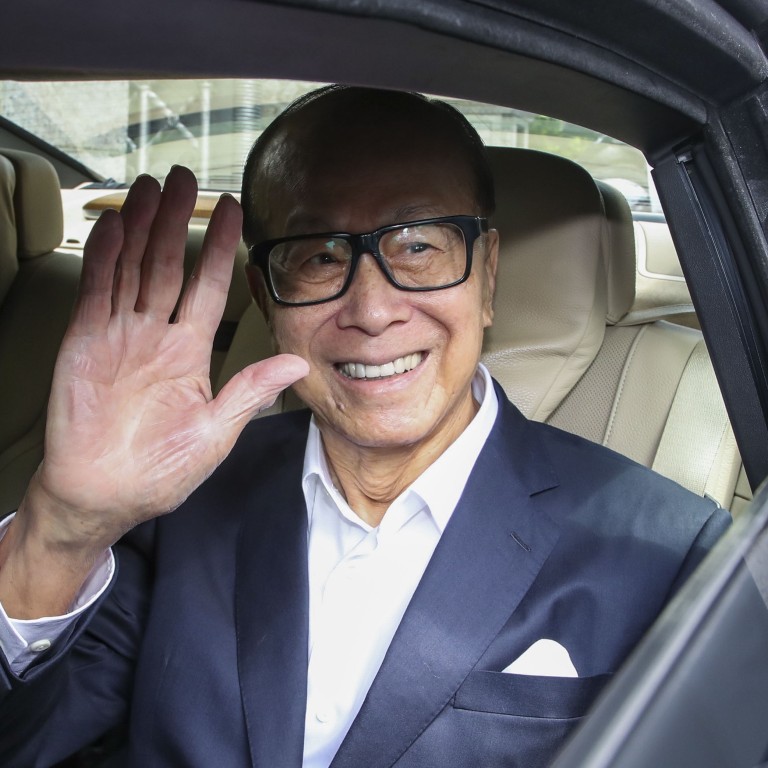
End of an era: Hong Kong steps down as the face of Chinese capitalism
- Peter Guy says the exit of a generation of major business figures in Hong Kong – its original property tycoons – coincides with the arrival of China’s model of state capitalism on the global stage. The archetypal Hong Kong tycoon may never return
Sooner or later, everybody’s kingdom must end. And Hong Kong witnessed that in 2018 with the passing of a generation of major business and cultural figures. At their peak, they made Hong Kong the centre of Chinese capitalism – until mainland China emerged. Their passing and what they’ve left behind will determine Hong Kong’s future.
This generation of tycoons practised predatory capitalism over communitarian capitalism, and it is evident in the city’s distorted property market, where the government allows developers to sell private flats the size of parking spaces. The property tycoon class has evolved into a threat to the city’s stability.
The government is only becoming aware that the consequences of laissez-faire policies mean that property is not treated as a strategic public resource for social and economic development, but raw material for private profit.
Today, Hong Kong’s young entrepreneurs cannot even afford a flat to pledge for a business. Probably the best business advice of the year came from Canning Fok Kin-ning, group co-managing director of CK Hutchison Holdings, who advised young people to avoid buying overpriced Hong Kong micro flats and invest in their future by moving to and working on the mainland.
Hong Kong remains crippled by a cartelised economy in property, retail, utilities and finance. In particular, the Hong Kong property market was like one long mahjong session where, at the end of the game, only several winners surfaced holding all the money. As one tycoon said: “The most important skill needed to succeed in local property is the ability to navigate rapid asset inflation and deflation.” And that seems to be the only speculative skills that Hong Kong business culture has inherited.
Hong Kong’s biggest problem in capital flow and formation is that, after a prolonged property boom, most of the city’s capital resides in the hands of a property class, who are disinterested in other asset classes outside property. In fact, the wealthiest are exiting China and investing abroad.
In Silicon Valley, successful tech money tends to reinvest in technology because they are comfortable with those kinds of businesses. Start-up capital for new-economy enterprises continues to be scarce in Hong Kong. It’s more plentiful on the mainland, from where, coincidentally, all the intellectual capital and successful new enterprises are currently flowing.
China’s form of state capitalism, as the world’s second-largest economy, is incompatible with rules-based, Western capitalism. But nowhere is that ideological divide more clear than in Hong Kong, where the tycoons hold most of the city’s capital. It poses a problem for them and their heirs, as they feel all their money belongs to their families and not the state.
Trying to cling on to its past and freeze policies the way they were has been Hong Kong’s fatal delusion since 1997. The archetypal Hong Kong tycoon may never return, because 2018 showed that Beijing may have found a new form of state capitalism that might outperform or survive liberal democracies.
Peter Guy is a financial writer and a former international banker

